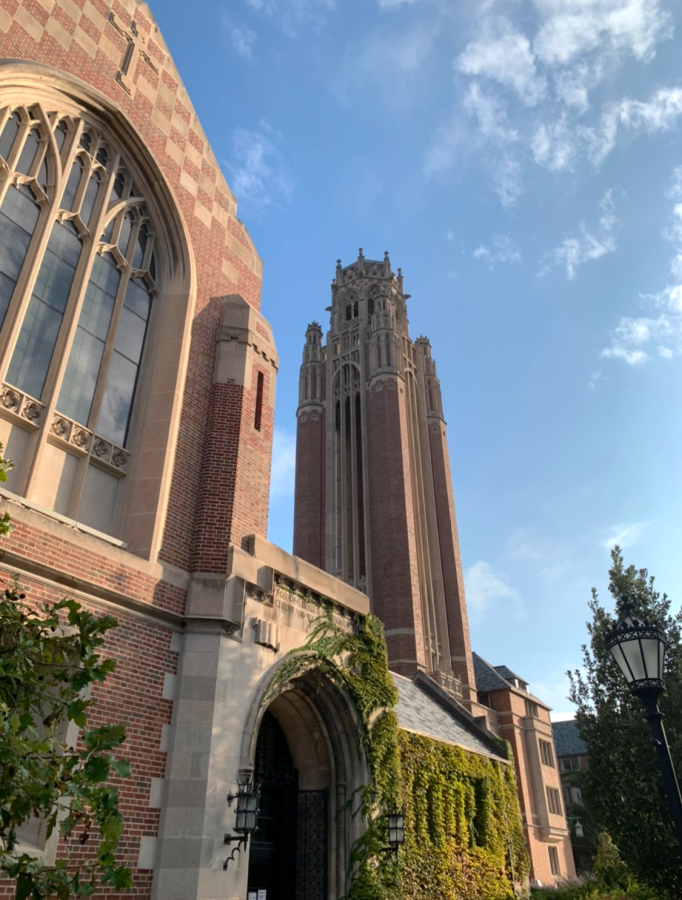Are College Rankings Worth the Notice?
November 6, 2022
“Education is the great engine of personal development. It is through education that the daughter of a peasant can become a doctor, that the son of a mine worker can become the head of the mine; that a child of farm workers can become the president of a great nation,” said Nelson Mandela, a monumental activist in South Africa who risked his life in the name of equality for his people. He identified education as the cornerstone of success. Education fosters social progress through higher wages, an improved quality of life, and the ability of individuals to form their own outlook on life, even straying from society’s constricting views, just as Mandela, himself, did.
Most believe the next step after high school is college, yet education now rests on a college’s hierarchy in the ranking system.
The ranking system used to identify the top three colleges-Princeton, Massachusetts Institute of Technology, and Harvard University–utilizes graduation rates, class sizes, student to faculty ratio and standardized test scores as a basis of measure.
Students want to be accepted into these institutions because there is an unattainable nature associated with them; thus, they put pressure on themselves to be admitted to top tier colleges, while plenty of other colleges are disregarded. In the end, people can seek an education to change their lives at any institution regardless of the prestige associated with it.
Community colleges can still pave the way for success. Steve Jobs, one of the richest and most influential men in society attended a community college in California. I believe that education is something you can get anywhere, but the opportunities that Steve Jobs got were what paved his way towards a lucrative life.
The theory of using college rankings to pick out colleges is skewed in the sense that college is not a “one size fits all.” For example, for some, intimate class sizes that prestigious schools pride themselves for are simply not a good fit.
Moreover, it depends on the individual and their needs. For instance, if they like outdoor activities then they should reconsider an urban college. Overall, find a college that satisfies personal, academic, and extracurricular activities, disregarding ranks.
Also, prestigious institutions do not take into account affordability for students. It is important to prioritize your unique financial situation in order to assess whether a highly ranked college will benefit you in the long run.
In the end, this ranking system should not exist, as it creates unnecessary discrimination between colleges. Institutions should focus their efforts and time on improving programs for the students. Likewise, students should take into consideration all aspects of a college rather than a single number.






